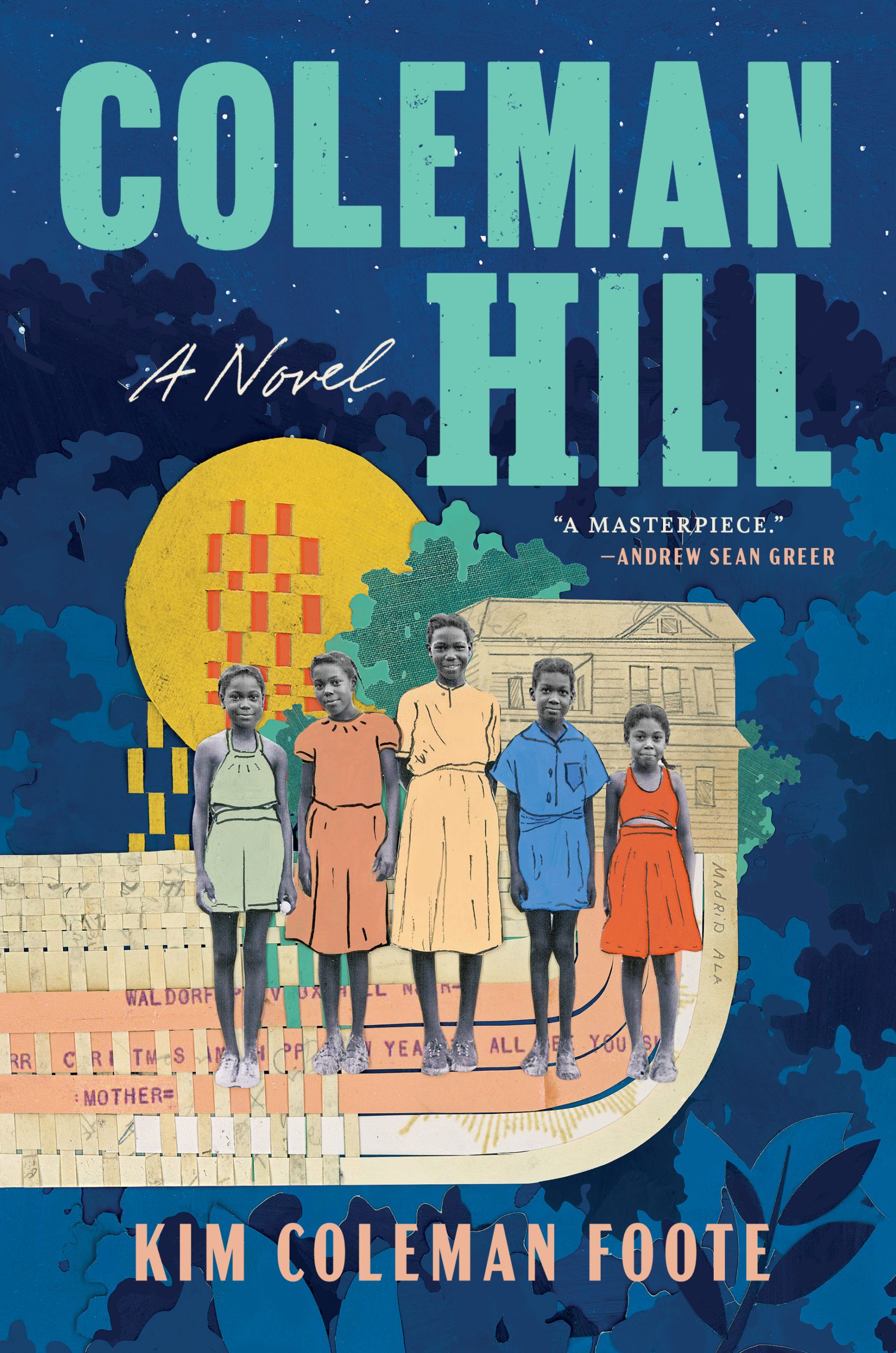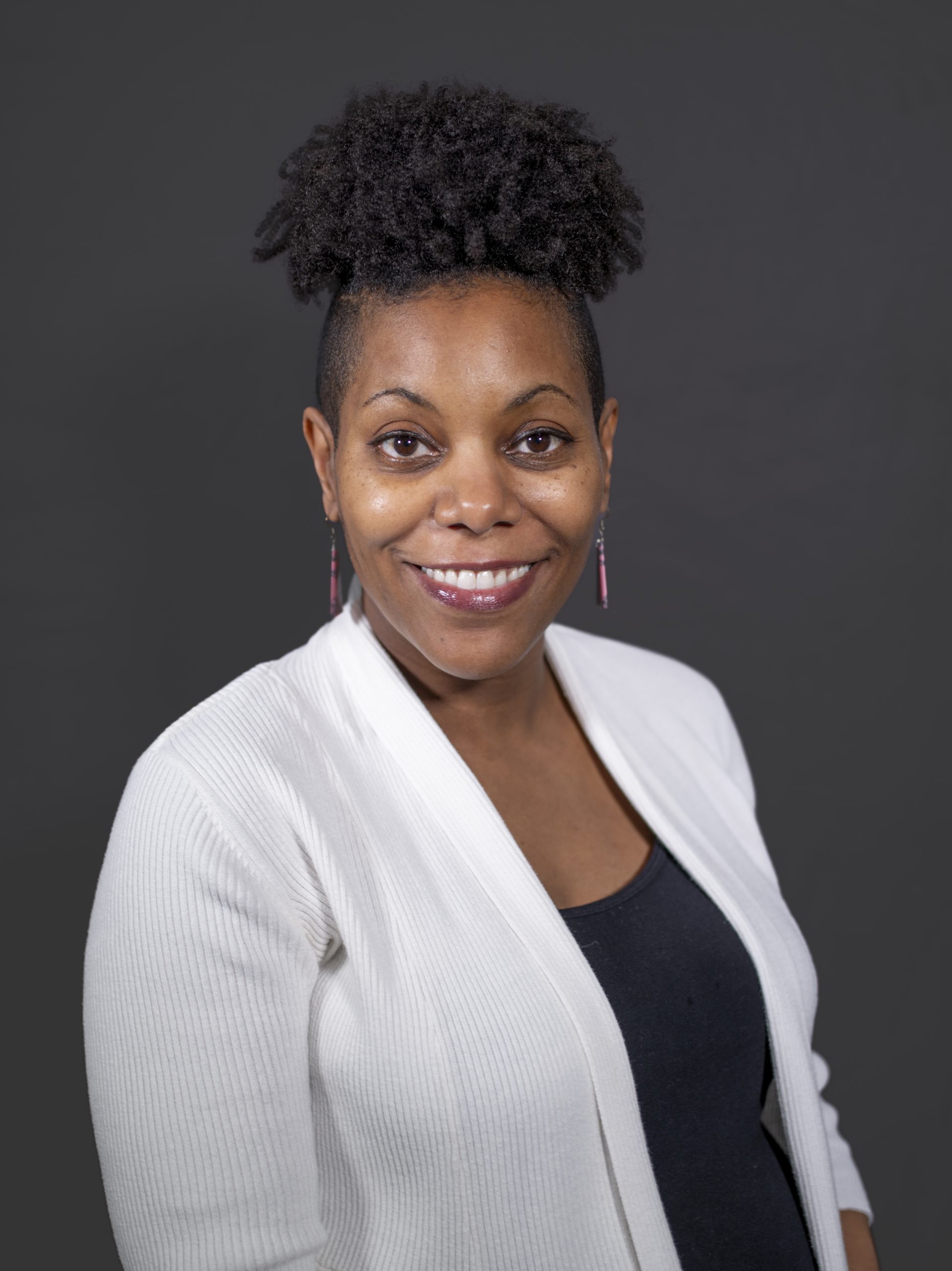COLEMAN HILL
THE NEW Novel from kimbilio Fellow KIM COLEMAN FOOTE
Coleman Hill is the exhilarating story of two American families whose fates become intertwined in the wake of the Great Migration. Braiding fact and fiction, it is a remarkable, character-rich tour de force exploring the ties that bind three generations.
In 1916, Celia Coleman and Lucy Grimes flee the racism and poverty of their homes in the post–Civil War South for the “Promised Land” of the North. But soon they learn that even in Vauxhall, New Jersey, black women are mainly hired for domestic work, money is scarce, children don’t progress in school, and black men die young.
Within a few short years, both women’s husbands are dead. Left to navigate this unwelcoming place alone, Celia and Lucy turn to one another for support in raising their children far from home. They become one another’s closest confidantes and, encouraged by their mothers’ friendship, their children’s lives become enmeshed as well. However, with this closeness comes complication. As the children grow into adolescence, two are caught in an impulsive act of impropriety, and Celia and Lucy find themselves at irreconcilable odds over who’s to blame. The ensuing fallout has dire consequences that reverberate through the next two generations of their families.
A stunning biomythography—a word coined by the late great writer Audre Lorde—Coleman Hill draws from the author’s own family legend, historical record, and fervent imagination to create an unforgettable new history.



